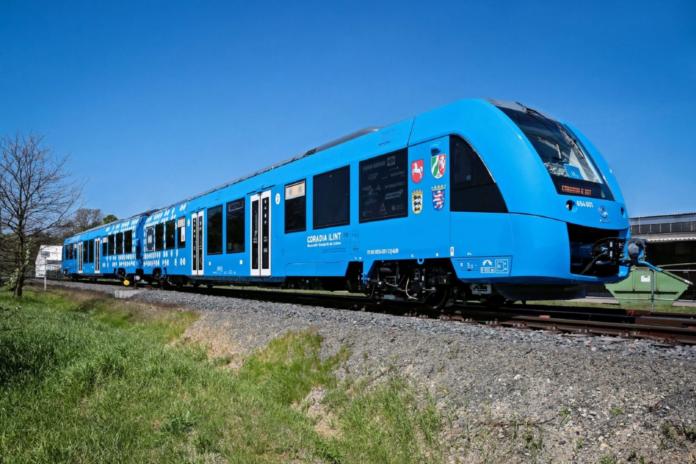In the early twentieth century rail was a dirty business, burning coal and competing with other transport on the basis of speed, price and luxury. Pollution wasn’t a factor.
French train builder Alstom produced steam engines in the 1920s and in due course replaced them with diesel. As train travel faced stiffer competition from cars and cheap air travel, Alstom diversified into energy and ship-building.
Today, trains are enjoying a revival. Travellers appreciate their comfort and speed. The industry promises to be more profitable. But that’s only half the story.
Nicholette MacDonald-Brown, Head of European Blend Equities, explains: “Alstom is a business that’s changed its spots. It sold its troubled energy business in 2015 and has settled down as a focused railway business. Today it looks set to benefit from plans to promote rail as a sustainable and safe mode of transport. There are two strands to this positive. One is that train technology is itself becoming far cleaner and more efficient. But the other part of the story is that more people and more freight are finding their way onto railways instead of using dirtier and more costly alternative transports.”
Overall demand for the shipment of people and goods globally is expected to rocket in the coming decades. Train travel will benefit. And tracks are being laid at breakneck speed to meet that demand. In China, more high-speed railways were built in a decade than exist in the whole of Western Europe. New lines are being laid in Africa and the US, too.
Nicholette says: “Rail has the lowest carbon footprint amongst all major means of transport – rail travel has only an eighth of the carbon footprint of air travel and a third of road. As governments and companies live up to their emission-reduction targets, rail should benefit.
She continues: “Surprisingly, even airlines are encouraging customers to shift some of their travel to rail. KLM for example announced in 2019 that it wanted to encourage passengers to ‘make responsible decisions about flying’.”
Technology has been advancing too. Alstom has developed hydrogen-powered trains, which release only water as exhaust. They are already operating in Germany and other countries.
“Alstom’s Coradia iLint, the world’s first hydrogen powered train, can run for 600 miles on a single tank,” Nicholette says. “In the face of the climate crisis, demand for decarbonisation across transport is rapidly accelerating. Alstom is in a good place to benefit financially as these trends grow. And the environment benefits too.”
